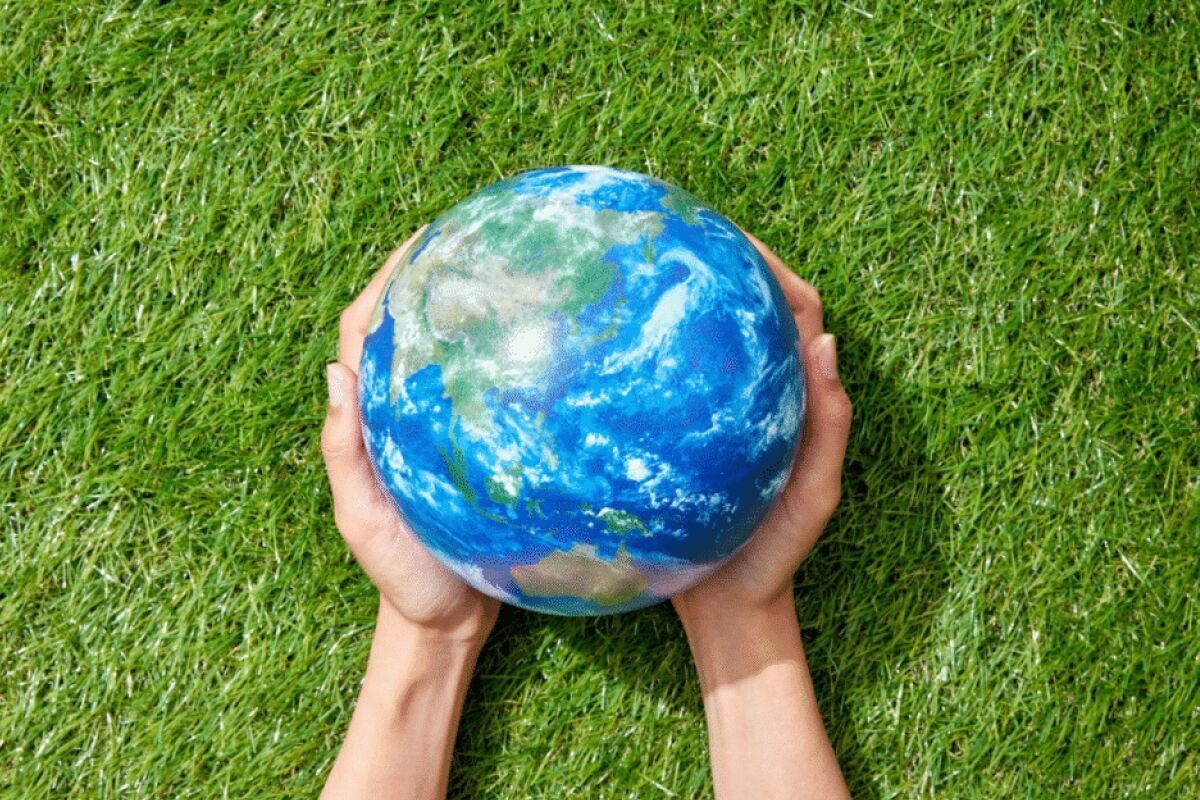Humanity has already depleted the natural resources that the Planet can regenerate in a year. From now on, everything we consume will be "on credit."
Today, July 24, 2025, marks global Overshoot Day: the day when the world’s population has exhausted Earth’s annual ecological budget. This is announced by the Global Footprint Network, the international organization that monitors the relationship between human consumption and the Planet’s regenerative capacity. In simple terms, we have used up all the natural resources that Earth can provide us in one year without compromising its health. From tomorrow, we will be living “on credit,” consuming more than what ecosystems are capable of renewing.
This symbolic date arrives earlier and earlier each year. In 2024, it fell on August 1st; in 1970, it was even in December. Italy, this year, exhausted its ecological budget on May 6th, while the European Union exceeded its limit as early as April 29th. This is a clear signal of the intensity with which more developed economies consume the Planet’s resources.
According to WWF, this trend exacerbates our ecological debt, contributing to the accumulation of waste, scraps, and greenhouse gases. Today, humanity consumes the equivalent of 1.8 Earths each year: a pace that exceeds the regenerative capacity of ecosystems by 80%. This imbalance is at the root of many of the most serious environmental emergencies of our time, from biodiversity loss to deforestation, from the depletion of water and fish resources to soil degradation, and to the increase in climate-altering emissions.
The result is a cumulative ecological debt of 22 years: if we wanted to “balance the books” with the Planet, it would take over two decades of full natural productivity, without further environmental pressure. But this is a theoretical hypothesis, because part of Earth’s regenerative capacity has already been lost. Entire forests have been destroyed, soils eroded, and seas impoverished. Some damages are irreversible, such as extinct species or melted glaciers. Furthermore, the ongoing climate crisis is further reducing the Planet’s ability to regenerate.
For WWF, in an era marked by resource scarcity and the climate emergency, change is no longer an option but an essential strategy. Coordinated actions are needed in crucial sectors such as:
- Energy transition: This implies abandoning fossil fuels in favor of renewable energy.
- Revision of the productive and economic system: Moving towards a circular economy, reducing waste and valuing recycling.
- Transformation of eating habits: Decreasing meat consumption and preferring organic, local, and seasonal foods.
- A new vision for mobility: Prioritizing public transport, bicycles, and low-emission vehicles.
- More ambitious environmental policies at the international level: Capable of guaranteeing the protection of ecosystems.
The estimates are clear. If we managed to reduce CO2 emissions by 50%, we could shift Overshoot Day by a full 93 days. A similar reduction in global meat consumption would result in a gain of 17 days. Halting deforestation would allow us to recover another 8 days. All these are concrete steps that would bring us closer to a new balance.
Solutions already exist. Practices such as regenerative agriculture, sustainable mobility, and energy efficiency not only help to contain the ecological footprint but also create economic value and strengthen social cohesion. According to WWF, by shifting Overshoot Day by 5 days a year, we could return to living within Earth’s ecological limits by 2050. This is a realistic prospect, based on a mix of technological innovation, changes in individual behaviors, and global political decisions.
Eva Alessi, Head of Sustainability at WWF Italy, emphasizes that the real issue lies in our economic model, which is based on the unlimited growth of material consumption – energy, resources, raw materials – and which is simply incompatible with a Planet of finite resources. According to Alessi, we should not pursue a quantitative increase in well-being, but aim for qualitative progress, based on knowledge, human relationships, rights, and the protection of nature. It is fundamental, she concludes, to replace GDP as the sole indicator of development, integrating it with metrics that measure ecosystem health, psychological well-being, and social cohesion.





